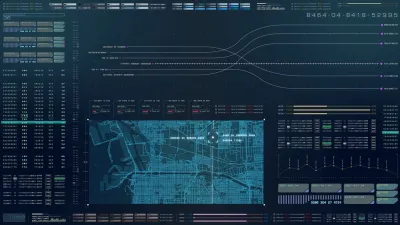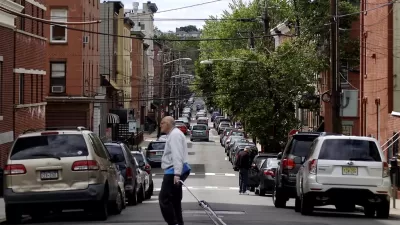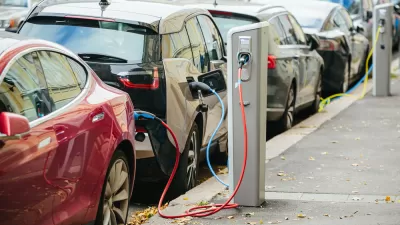The opportunities from data-driven innovations are wide, but many communities experiencing the data divide are without access to or reporting of high-quality data, furthering them from these benefits.
A recent report by Daniel Castro titled, "The Rise of Data Poverty in America," outlines the social and economic inequalities manifested from a lack of data collection or reporting about an individual or community. Castro begins with a poignant example of childbirth— when leaving the hospital, some children will have generated 200 million data points, while others merely leave with an inked footprint on paper, but no digital markers.
Castro urges that policymakers today address the data divide splitting the United States. Indeed, as Castro writes, "if this trend towards a data divide continues we might even see the rise of 'data deserts'— areas of the country characterized by a lack of access to high-quality data that may be used to generate social and economic benefits."
Some steps to achieve this, according to Castro, are to ensure funding programs consider the impact on data poverty, continue data literacy programs, and encourage civic leaders in low-income neighborhoods to integrate technological solutions into their grant programs.
FULL STORY: The Rise of Data Poverty in America

Planetizen Federal Action Tracker
A weekly monitor of how Trump’s orders and actions are impacting planners and planning in America.

Maui's Vacation Rental Debate Turns Ugly
Verbal attacks, misinformation campaigns and fistfights plague a high-stakes debate to convert thousands of vacation rentals into long-term housing.

Cuomo Is the Candidate of Both NIMBYs and Developers. What Gives?
In the New York City mayoral race, odd bedfellows align to preserve the housing status quo.

Amtrak Rolls Out New Orleans to Alabama “Mardi Gras” Train
The new service will operate morning and evening departures between Mobile and New Orleans.

The Subversive Car-Free Guide to Trump's Great American Road Trip
Car-free ways to access Chicagoland’s best tourist attractions.

San Antonio and Austin are Fusing Into one Massive Megaregion
The region spanning the two central Texas cities is growing fast, posing challenges for local infrastructure and water supplies.
Urban Design for Planners 1: Software Tools
This six-course series explores essential urban design concepts using open source software and equips planners with the tools they need to participate fully in the urban design process.
Planning for Universal Design
Learn the tools for implementing Universal Design in planning regulations.
Heyer Gruel & Associates PA
JM Goldson LLC
Custer County Colorado
City of Camden Redevelopment Agency
City of Astoria
Transportation Research & Education Center (TREC) at Portland State University
Jefferson Parish Government
Camden Redevelopment Agency
City of Claremont





























